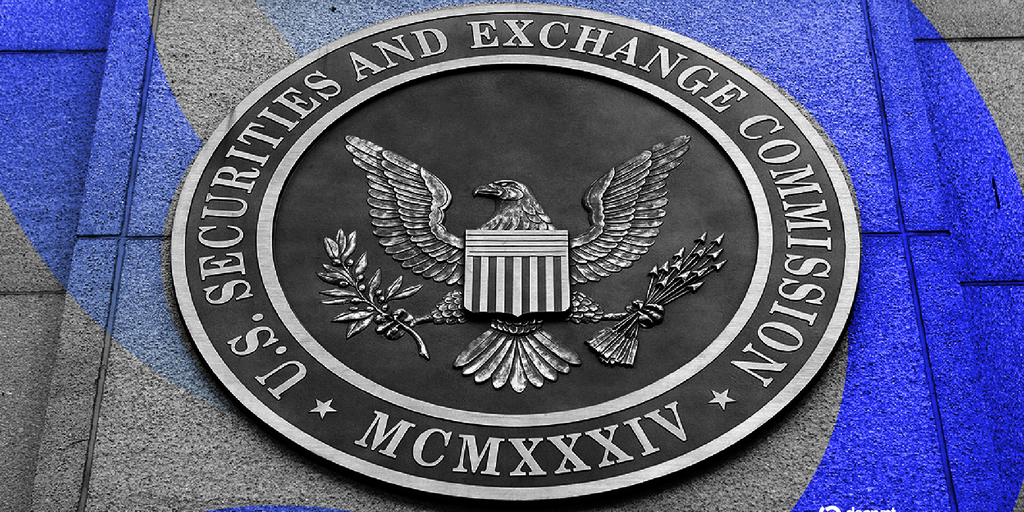In brief
- The outreach was based on a review of 200+ firms with crypto-treasury plans, but only some were reportedly flagged.
- Regulators are reportedly examining whether leaks or trading on material non-public information may have occurred.
- Observers have warned that poorly timed treasury strategies may appear gimmicky and expose firms to instability.
The Securities and Exchange Commission and the Financial Industry Regulatory Authority have reportedly contacted certain companies after identifying unusual trading activity ahead of their announcements on digital asset treasuries.
The outreach was drawn from a review of more than 200 firms that disclosed crypto treasury strategies this year, though only a portion was flagged, according to an initial report from the Wall Street Journal, citing people familiar with the matter.
Decrypt has reached out to the SEC and FINRA for confirmation.
Described as preliminary, the outreach reportedly followed trails of sharp price swings and heavy volumes in the days leading up to some of the firms disclosing their strategies for digital assets, following the playbook set forth by Michael Saylor’s firm, Strategy.
The model involves raising debt or equity to acquire digital assets as balance-sheet reserves, not just Bitcoin but also Ethereum, Solana, and others.
Observers have previously cautioned that while a carefully structured crypto-treasury strategy can project strength, poorly timed or opportunistic moves risk appearing like gimmicks and may expose firms to forced liquidations and instability.
Regulators are reportedly reviewing whether selective leaks or trading on material non-public information may have occurred.
What is Reg FD?
Regulation Fair Disclosure, also known as Reg FD, is an SEC rule that prohibits companies from sharing material information with select investors before making it public. Violations can expose firms to civil penalties, enforcement actions, and reputational risk.
Introduced and adopted in 2000, the rule was made “to ensure that all investors have equal access to ‘material’ corporate information at the same time, focused on the nature of the information and the manner of its disclosure,” Andrew Rossow, public affairs attorney and CEO of AR Media Consulting, told Decrypt.
It covers “anything that a reasonable investor would consider important in their investment decision, and could affect a company’s valuation, capital-raising plans, or overall risk profile,” Rossow explained.
If any material non-public information “can be traced directly to a tipper or company source, or an agent who acts on that information,” it falls within the scope of a Reg FD violation, he noted.
“In contrast, industry gossip, rumors, or third-party speculation generally do not,” he said, adding that insider trading liability is also possible “if the recipient of MNPI trades or leaks it because the information was misused for personal or market gain.”
Investigations of this kind typically begin with unusual trading activity, and “the smoking gun is a direct trace back to the source/tipper,” Rossow said.
To build that link, authorities look for communications spanning emails, meeting notes, internal platforms like Slack or Teams, text messages, calendar invites, and device records that may tie suspicious trades to the source.
Daily Debrief Newsletter
Start every day with the top news stories right now, plus original features, a podcast, videos and more.






